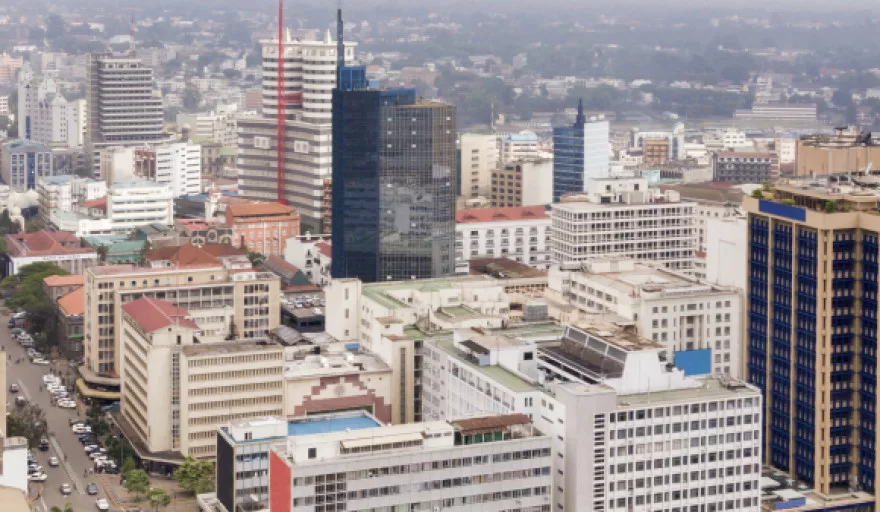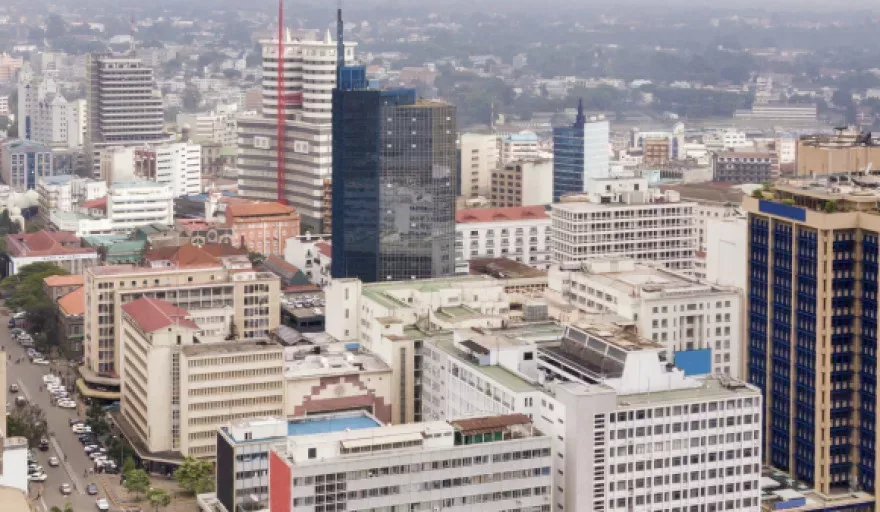
While growth has slowed in many commodity-linked markets in Africa, non-commodity driven markets, particularly in East Africa, have continued to perform well.
Although funding challenges are expected to persist this year for property investors and developers, growth in property development is likely to continue in many markets, if appropriate funding structures are used to manage some of the current hurdles, such as weaker local currencies.
“Developers will need to do robust feasibilities in order to understand how economic conditions can affect their returns over time and they also need to consider buffering themselves against potential risks such as currency volatility by utilising appropriate funding structures,” said Gary Garrett, Head of Real Estate Finance at Standard Bank.
Investors will need to look at opportunities from a country and node specific perspective and also be cognisant of the dynamic regulatory environments.
A number of structured funding solutions can be harnessed across retail, office and industrial developments. In particular, hybrid currency structures, in which both dollar and local currency can be used to mitigate risk in the current environment.
“We have used this structure across a number of jurisdictions and have found that demand for this type of facility is increasing,” added Garrett.
Many property assets are developed with the intention of generating a dollar return and current conditions have made it difficult for tenants to continue to afford dollar rentals where there has been significant depreciation in local currencies. This ultimately affects demand for space and leads to a rise in vacancies.
“This current uncertainty has not stopped development, but has slowed it in many markets. We believe it is prudent for developers and investors to hedge out, or buffer themselves, against that volatility in order to mitigate risk,” said Garrett.
A country like Kenya however, which is not commodity-reliant, has been able to continue growing due to its strong regional ties and a more diversified economic base, as well as benefiting from lower oil prices.
“We do think that over time there will be market recovery but we need to be cognisant of short-term risks such as dollar liquidity and the affordability challenges tenants may face,” continued Mr Garrett.
As the largest bank by assets on the continent, Standard Bank is committed to driving Africa’s growth, assisting its developers and supporting clients to achieve their long-term growth ambitions.
“We believe that our ability to structure transactions innovatively, our local presence and strong sectoral expertise, allows us to work with our clients in the growth of their businesses while managing risk in the current environment,” summarised Garrett.



























